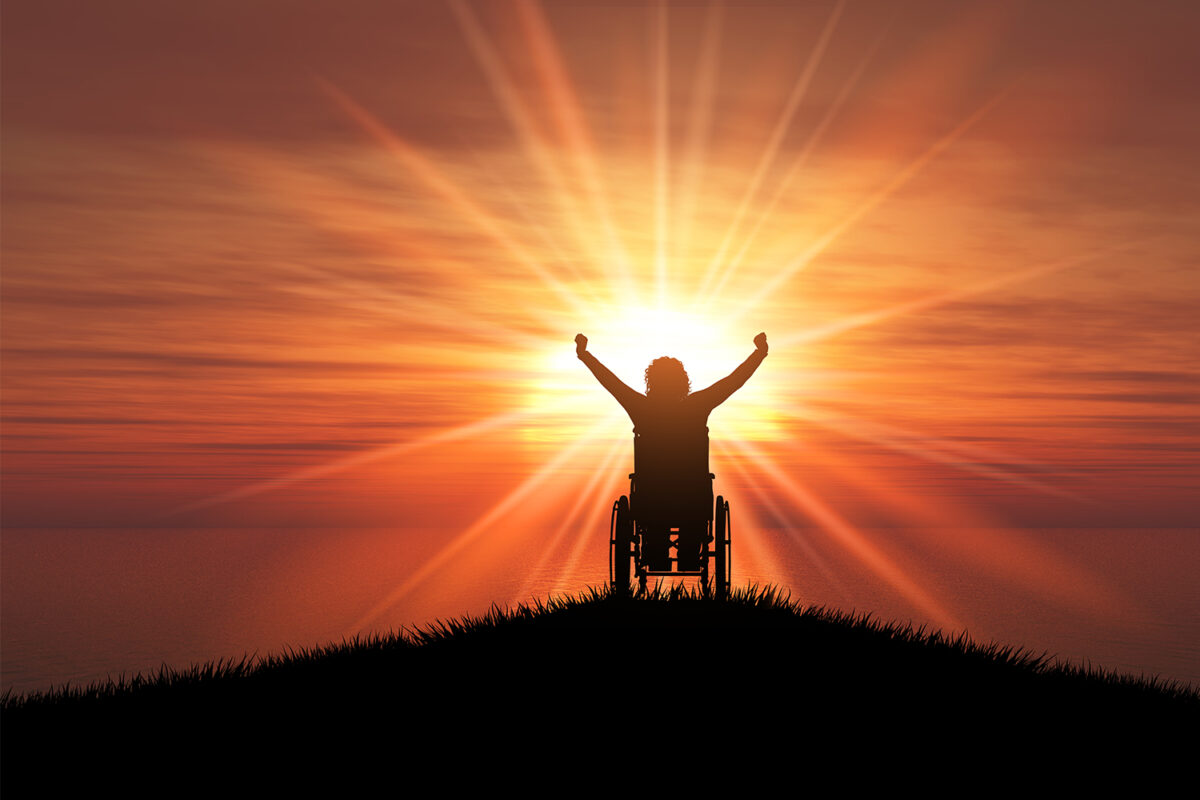Ayurveda Treatments for Cerebral Palsy

Cerebral Palsy is a disorder that affects movement, music tone and the ability to move in a purposeful and coordinated way. It is caused by damage in the brain which happens during or before the baby’s birth or during the first 3 to 5 years of the life of a child. Cerebral palsy can’t be cured. But don’t lose hope, there are Ayurveda Treatments for Cerebral Palsy available for the better and improved life of the affected kids which does not have any side effects.
Causes of Cerebral Palsy:
- Severe jaundice in the infant
- Infections during pregnancy
- The metabolic and physical trauma of being born
Spastic, athetoid and ataxic are the different types of Cerebral Palsy. Even simple movements are difficult since cerebral palsy affects muscle coordination and control.
- Spastic Cerebral Palsy: It causes stiffness difficulties while moving.
- Athetoid Cerebral Palsy: It leads to uncontrolled and involuntary movements.
- Ataxic Cerebral Palsy: It causes a problem with depth and perception.
Epilepsy, leaking of urine, difficulty in raising the foot, speech disorder, stiffness, failure to thrive, abnormality in walking, low birth weight, problems with coordination and muscle weakness are the Symptoms of Cerebral Palsy.
If you figure out any of these symptoms, instead of getting depressed. Visit Jeevaniyam Ayurveda Hospital and Research Center, Special School for Cerebral Palsy. We help you to sort out these issues through Ayurveda Therapies for Cerebral Palsy in Kerala.
Ayurveda treatment increases the functioning to a great extent for the affected individual rather than curing it. Ayurveda treatments include Music Therapy for Cerebral Palsy.
We offer the best Alternative Therapies for Cerebral Palsy.
